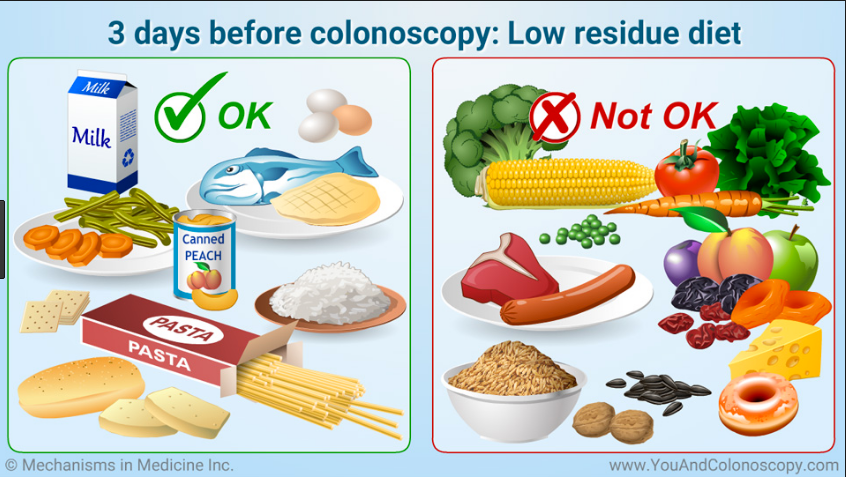Best 5 Ways to Calculate 5 Eggs Calories in 2025
Understanding the calorie content in eggs is essential for those looking to maintain a balanced diet and monitor their caloric intake. Eggs are a popular source of protein and offer various health benefits, making them a staple in many diets. This article will explore the best ways to calculate the calories from 5 eggs, emphasizing their nutrition facts, cooking methods, and incorporation into meals planned for weight loss or fitness. We will also provide insights into the various caloric values of eggs based on their preparation method and highlight their role in a healthy diet.
Understanding Egg Nutrition Facts
The nutrition profile of eggs is impressive. A large egg, on average, contains about 70 calories, primarily from the egg white and yolk. With 5 eggs, this totals approximately 350 calories, but this can vary based on cooking methods and serving sizes. For instance, the calorie content of boiled eggs differs from that of fried eggs, due to the added oils or fats in cooking.
Moreover, eggs are an excellent source of high-quality protein, providing about 6 grams of protein per egg. This means that in 5 eggs, you not only consume a substantial calorie count but also gain significant protein, essential for muscle building and satiety during dieting. Additionally, eggs are rich in omega-3 fatty acids, vitamins, and nutrients that contribute to heart health and overall well-being.
Egg Calorie Count Based on Cooking Methods
When calculating the caloric value of 5 eggs, consider how you prepare them. Here are some common methods and their calorie counts:
- Boiled Eggs: A boiled egg contains approximately 70 calories. Thus, 5 boiled eggs would total around 350 calories.
- Fried Eggs: A fried egg, especially when cooked in oil or butter, can add around 100 calories. This brings the total for 5 fried eggs to about 500 calories.
- Scrambled Eggs: If you scramble your eggs with milk and butter, 5 scrambled eggs can be as calorically dense as 550 calories, depending on the amount of fat used.
It's crucial to account for these differences to accurately monitor calorie intake, especially for weight loss or fitness goals.
Eggs in Diet Plans: Balancing Calories
Incorporating eggs into your diet plan can be beneficial while keeping an eye on calorie intake. For instance, using eggs as a primary protein source allows for a variety of meal options without excessive calories. When planning meals, consider the calorie breakdown of your dishes to ensure they align with your dietary goals.
For weight loss, incorporating low-calorie egg dishes—like vegetable omelets or egg salads—provides nutrient density without the added calories. Eggs can also serve as a filler food in recipes, making meals satisfying while controlling calorie density.
Health Benefits of Eggs: More Than Just Calories
Aside from being an excellent source of protein, eggs bring various health benefits. They contain essential vitamins and promote brain health due to their choline content. Most of the nutrients and vitamins are found in the yolk, making whole eggs a valuable snack option. Importantly, recent studies have revealed that moderate egg consumption does not significantly impact cholesterol levels in most healthy individuals.
Incorporating eggs into a balanced diet can contribute positively to cardiovascular health, muscle recovery, and energy levels, supporting various dietary needs including those for fitness enthusiasts. Noting their nutrient absorption properties is crucial for maximizing the health benefits of consuming eggs.
Practical Tips for Cooking Eggs Calorie-Wise
When preparing eggs for meals, consider these tips to keep calorie counts manageable:
- Use Healthy Cooking Oils: Opt for non-stick cookware and minimal oil or butter. This can help keep scrambled or fried eggs to a lower calorie count.
- Experiment with Egg Alternatives: If calorie constraining is key, consider using egg substitutes or whites in recipes where appropriate.
- Portion Control: Be mindful of portion sizes, especially when including eggs in salads, bowls, or as ingredients in larger dishes.
By applying these cooking methods and tips, you can enjoy the nutritional benefits of eggs while keeping track of your calorie consumption.
Calorie Content of Eggs in Different Diets
Eggs can fit into various diet plans, including low-calorie diets and fitness-oriented nutritional strategies. Depending on the preparation, calorie content can vary widely, impacting how they can be incorporated into weight loss plans or muscle-building diets.
Unique Egg Recipes Under 200 Calories
Finding delicious yet low-calorie egg recipes can be a creative way to enjoy this versatile food. Examples include egg muffins filled with vegetables or light frittatas. These recipes typically emphasize the use of whole eggs, whites, and healthy fillings to keep the calorie count low while enhancing flavor and nutrition.
For instance, an egg muffin might contain only about 150 calories if made with one egg and fresh vegetables. This makes them an excellent option for breakfast or quick snacks, allowing for energy-boosting properties with minimal caloric burden.
Cooking Eggs for Weight Loss
Integrating eggs in weight loss strategies can be highly effective when understanding their caloric value and nutritional advantages. The protein in eggs can enhance feelings of satiety, reducing cravings and overall calorie consumption throughout the day.
Research has shown that consuming eggs for breakfast leads to lower calorie intake at later meals, making them a smart choice for those seeking to manage weight. Utility in meal prep can also offer a range of low-calorie dishes, from simple breakfast wraps to satisfying salads, helping maintain a balanced diet while enjoying the benefits of eggs.
Egss as a Healthy Snack Option
Eggs also make for an excellent healthy snack, providing sustained energy and helping maintain blood sugar levels between meals. Scrambled eggs or hard-boiled eggs can be a wholesome addition to your snacking routine, packed with protein and nutrients, making them vastly superior to many processed snack options.
As part of a weight maintenance regimen, having eggs readily available as a snack ensures you are making smarter, healthier choices throughout the day.
 example.com/image2.png
example.com/image2.png
Egg Cooking Experimentation: Finding Your Calorie Balance
Experimenting with different egg recipes and cooking techniques can enhance your understanding of their calorie content. This flexibility allows for creative meals tailored to your calorie goals while embracing the nutritional value inherent in eggs.
Egg Dishes Rich in Calories
While calorie-controlled recipes are valuable, there are also occasions where rich dishes elevate the culinary experience. For instance, a classic carbonara featuring eggs can exceed 600 calories per serving but provides a delightful dining experience. Understanding when to balance indulgence with nutritional requirements is key to a well-rounded diet.
The Most Sustainable Egg Choices
With the growing emphasis on sustainability, choosing options like organic or cage-free eggs not only helps ensure ethical practices but also promotes better health. These eggs can offer a slightly different nutritional profile, often containing higher levels of omega-3 and beneficial nutrients.
As consumers look for sustainable eating patterns, the importance of understanding egg production and sourcing becomes essential in dietary choices.
Considering Eggs in Culinary Traditions
Eggs’ versatility allows them to be woven into culinary traditions across cultures. From Italian frittatas to Japanese tamagoyaki, the exploration of eggs in regional dishes can broaden your culinary palette while maintaining nutrition. Each culture brings unique methods and preparation styles, enriching their nutrient profile while keeping calorie content in check.
 example.com/image3.png
```
example.com/image3.png
``` 